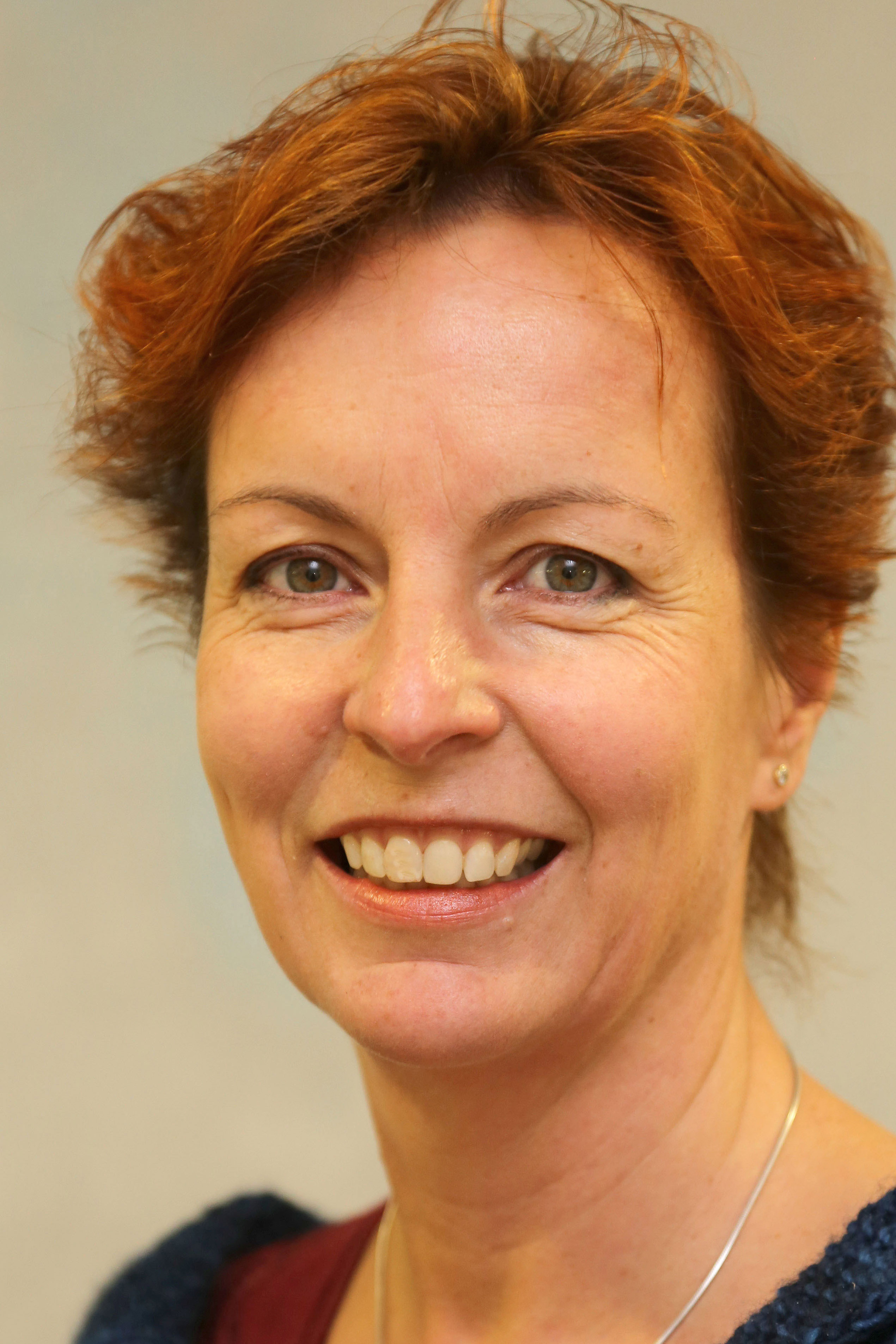08 February 2016
Too old to learn a second language? New brainwave study finds you might have more time than you think

Professor Monika Schmid.
Claims that trying to learn a second language becomes much, much harder after you reach puberty have been challenged by a new way of analysing brainwaves developed by researchers from the University of Essex and the University of Groningen.
Previous research had argued there was likely to be a sudden decline in a person’s ability to learn a new language during their teenage years.
But, Professor Monika Schmid from our Department of Language and Linguistics and linguistic colleagues from the University of Groningen in the Netherlands have published research in online journal PLOS ONE which questions this by using a new way of analysing brainwaves.
Their research shows there is a gradual decline in a person’s language learning abilities as they get older, but there is no sudden decline at a certain age, as would be assumed under the ‘Critical Period Hypothesis’.
They applied a new statistical method to analyse the brain processes of learners of a second language and their findings argue against there being a ‘critical’ period for learning - an age limit before you have to start learning a second language in order to reach the same level as a native speaker.
Professor Schmid said: “It used to be believed that after puberty, a person’s ability to learn the grammar of a second language took a bit of a nosedive. However, what we have shown with this research is that although the older you get the harder it becomes, there is no sudden dip.
“As you get older second language learning gradually becomes harder because your brain forces you to learn that language in a different way. However, this change takes place slowly over time, not suddenly when the ‘window of opportunity’ closes around a certain age.”
An electro-encephalogram (EEG), which is a measurement of brainwaves,is frequently used as a research method within the cognitive neurosciences. But, this latest research has shown that traditional approaches to the analysis of the EEG signal suffer from a loss of detail. By applying a new statistical method Professor Schmid’s team have revealed new insights into brain processes, in this case in learners of a second language.
For the research, the team compared the brain signal from early and late learners to that of native speakers, listening to sentences in the second language with and without grammatical errors. Native speakers and early learners responded in a similar manner to these errors, while older learners exhibited responses that are more typical of word choice errors than of grammatical structures.
Professor Schmid is also a member of the University’s Centre for Research in Language Development throughout the Lifespan (LaDeLi).
...more news releases